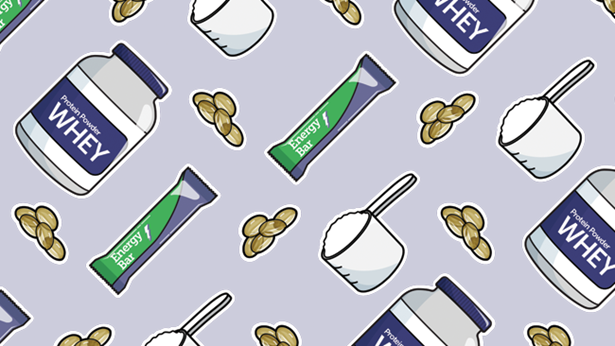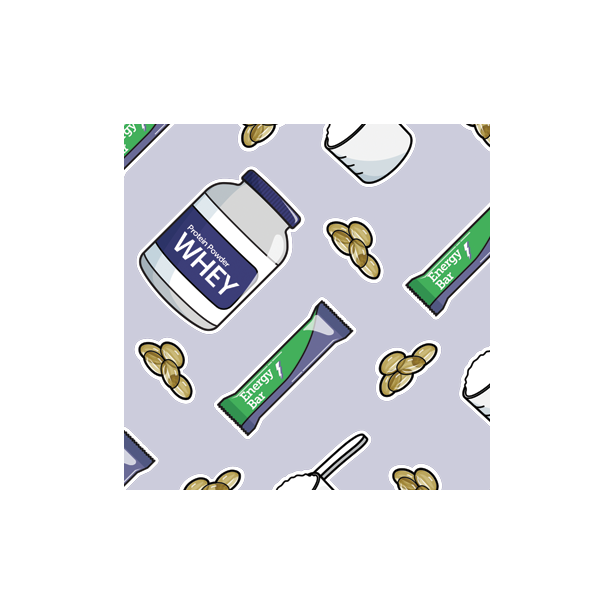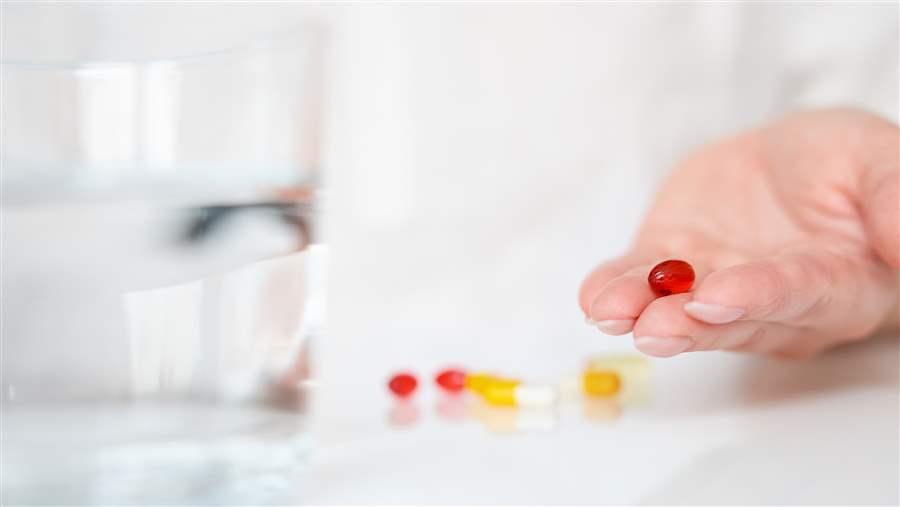Industry Joins With Public Health Groups to Address Tainted Supplements
New collaborative calls for more FDA enforcement to safeguard consumers
Dietary supplements have grown in popularity, at least in part for their claims to boost nutrition and provide other health benefits. But many have been found to contain undisclosed active pharmaceutical ingredients or illegal substances, which can harm consumers. Unless a product contains a new dietary ingredient, the Food and Drug Administration lacks the authority to examine supplements before they are on store shelves. Since 2007, the agency has identified nearly 1,000 tainted products marketed as dietary supplements.
To address this issue, the Dietary Supplements Quality Collaborative—an alliance of public health and professional associations, consumer groups, and supplement industry stakeholders of which The Pew Charitable Trusts is a member—has released a white paper calling for more oversight and regulation of dietary supplements.
In its “Briefing Paper on Products Illegally Marketed as Dietary Supplements and Proposed Multi-Stakeholder Responses,” the collaborative defines tainted products; provides examples to underscore the dangers of supplements that contain pharmaceutical or illegal substances; and offers steps that government agencies, retailers, industry, consumers, and health care providers can take to detect, avoid, and prevent tainted products from being marketed. First and foremost, FDA needs adequate resources to exercise its authority to identify and remove illegal products. The paper calls on Congress to ensure that FDA has the funding to do its job.
The collaborative also calls on agencies such as the Drug Enforcement Administration, Federal Trade Commission, and Customs and Border Protection to coordinate to pursue violators more aggressively. State attorneys general, consumer protection divisions, and public health agencies should work with their federal partners to develop a comprehensive approach that broadens their enforcement capabilities and strengthens the deterrent message. Better collaboration among all agencies tasked with addressing tainted products—and eliminating them from the market—is critical to success.
But the burden to address such products isn’t on government alone. In this paper, industry leaders acknowledge that they need to play a more active role. Manufacturers and distributors of dietary supplement products should ensure that the ingredients and finished products have been produced in compliance with good manufacturing practices and are safe for use as directed.
Finally, health care providers and consumers also have a role to play. Doctors, nurse practitioners, pharmacists, and others should take advantage of their positions on the front line and educate their patients about the dangers of tainted products, potential interactions with other medications, and how to report adverse events from supplement use. And consumers should be encouraged to discuss any products they are taking with their health care providers.
For the first time, industry and consumer and public health groups are aligned and calling for more oversight and regulation of dietary supplements. The paper describes how they can work together to safeguard consumers from dangerous products.
Kirsten Moore directs the health care products project for The Pew Charitable Trusts.


America’s Overdose Crisis
Sign up for our five-email course explaining the overdose crisis in America, the state of treatment access, and ways to improve care
Sign up

Dietary Supplements: What Are They and How Are They Regulated?
What are they and how are they regulated?












